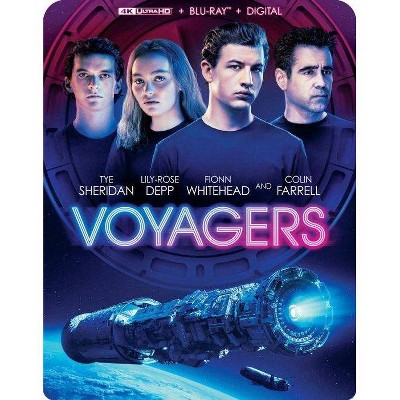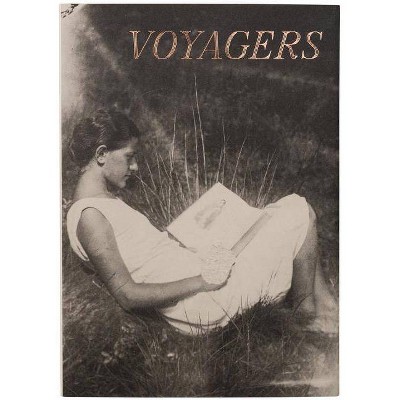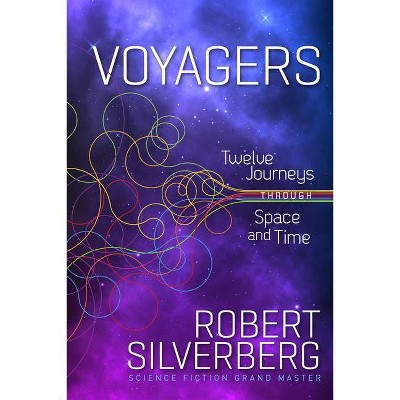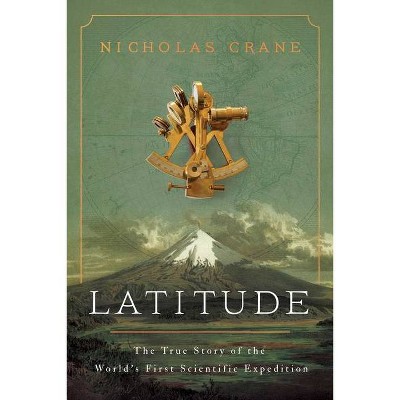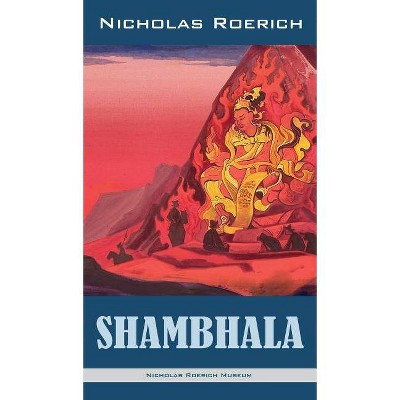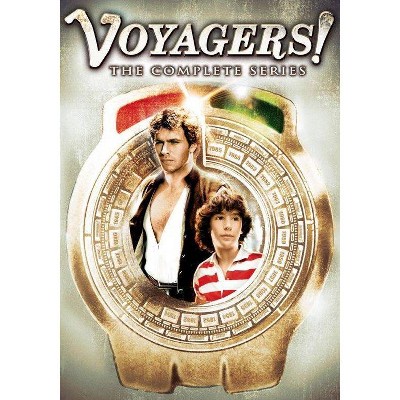Voyagers - by Nicholas Thomas (Hardcover)
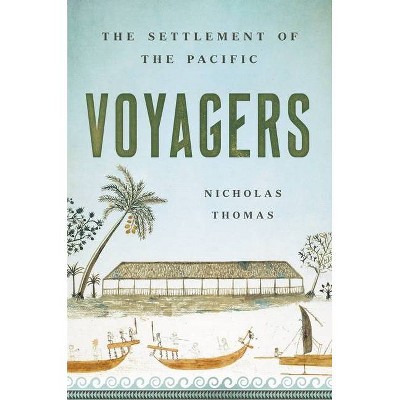
Similar Products
Products of same category from the store
AllProduct info
<p/><br></br><p><b> About the Book </b></p></br></br>"The islands of Polynesia, Melanesia, and Micronesia stretch across thousands of miles of ocean and encompass a multitude of different peoples. Starting with Captain James Cook, the earliest European explorers to visit the Pacific were astounded and perplexed to find populations thriving thousands of miles from continents. Who were these people? From where did they come? And how were they able to reach islands dispersed over such vast tracts of ocean? In Voyagers, the distinguished anthropologist Nicholas Thomas charts the course of the seaborne migrations that populated the islands between Asia and the Americas from late prehistory onwards. Drawing on the latest research, including insights gained from genetics, linguistics, and archaeology, Thomas provides a dazzling account of these long-distance migrations, the sea-going technologies that enabled them, and the societies that they left in their wake"--<p/><br></br><p><b> Book Synopsis </b></p></br></br><p><b>An award-winning scholar explores the sixty-thousand-year history of the Pacific islands in this dazzling, deeply researched account.</b></p><p><b>One of the Best Books of 2021 -- <i>Wall Street Journal</i></b></p>The islands of Polynesia, Melanesia, and Micronesia stretch across a huge expanse of ocean and encompass a multitude of different peoples. Starting with Captain James Cook, the earliest European explorers to visit the Pacific were astounded and perplexed to find populations thriving thousands of miles from continents. Who were these people? From where did they come? And how were they able to reach islands dispersed over such vast tracts of ocean? In <i>Voyagers</i>, the distinguished anthropologist Nicholas Thomas charts the course of the seaborne migrations that populated the islands between Asia and the Americas from late prehistory onward. Drawing on the latest research, including insights gained from genetics, linguistics, and archaeology, Thomas provides a dazzling account of these long-distance migrations, the seagoing technologies that enabled them, and the societies they left in their wake.<p/><br></br><p><b> Review Quotes </b></p></br></br><br>"The author highlights a dizzying burst of new research that draws on advanced genetics, linguistics and, not least, a revival of voyaging itself by indigenous navigators."--<i><b>Economist</b></i><br><br>"Thomas should be commended for his engaging writing style, which regularly had me looking forward to turning the page. I would not be surprised if, after reading this masterpiece, many readers are compelled to take up voyaging themselves."--<i><b>Science</b></i><br><br>"Mr. Thomas began to study Pacific prehistory in the 1980s, a great period for archaeological research, and his account of this intellectual revolution is clear and compelling."--<i><b>Wall Street Journal</b></i><br><br>"Thomas successfully draws readers into this fascinating, often-overlooked history and offers plenty of resources for those looking to read more."--<i><b>Library Journal</b></i><br><br>"A brisk and intriguing account of how the islands of Oceania came to be inhabited by humans... With lucid explanations of modern advances in historical anthropology and evocative reflections on the author's own fascination with Oceania, this is an accessible introduction to an astounding chapter in human history."--<i><b>Publishers Weekly</b></i><br><br>"A scholarly survey of the current state of knowledge on the ancient peopling of Oceania. Blending ethnohistory, archaeology, and linguistics, anthropologist Thomas asks the big questions about 'a civilization that has seldom been recognized as such.'...[Thomas's] view that the Polynesians have long been 'archipelago dwellers' well aware of their distant relatives on other atolls and high islands brings a welcome world-systems approach to Oceania, an understudied region."--<i><b>Kirkus</b></i><br><br>"Written in an engaging style, <i> </i>the author points to indigenous technologies and the reactivation of navigational knowledge which perfectly captures the vital and energetic relationship Pacific peoples enjoy today with the ocean that defines their lives. <i>Voyagers </i>will leave readers with a nuanced understanding of the fundamental connectivity of this remarkable region and the deep affinities amongst the people who call it home. A compelling read."--<i><b>Maia Nuku, Curator for Oceanic Art, Metropolitan Museum of Art</b></i><br><br><i>"Voyagers </i>will deeply engage and delight new readers of Pacific histories, while scholars will marvel at the author's elegant, concise chronicle. From Thomas's own traveler's tales, to masterful evocations of peoples, climes, Spanish guns, Tongan monarchs, coconut fiber, mythic stories, megafauna, island aristocracies, star compasses, and ancestral village homes, the reader bears witness to the creation of a complex and interconnected Oceanian world, framed by scholarly debates and the everyday lives of epic migration and master navigation."--<i><b>Matt Matsuda, Rutgers University</b></i><br><br><p>"The peopling of the Pacific is one of humanity's greatest feats of imagination, ingenuity, and courage. <i>Voyagers</i> authoritatively recounts that achievement with both sympathy and wonder."</p>--<i><b>David Armitage, Harvard University</b></i><br><p/><br></br><p><b> About the Author </b></p></br></br><p><b>Nicholas Thomas </b>is professor of historical anthropology at Cambridge and director of the Cambridge Museum of Archaeology and Anthropology. Originally from Australia, he has written and edited numerous books over the years, including<i> Islanders: The Pacific in the Age of Empire</i>, for which he was awarded the Wolfson History Prize in 2011. He lives in Cambridge.</p>
Price History
Cheapest price in the interval: 17.69 on October 28, 2021
Most expensive price in the interval: 17.69 on December 20, 2021
Price Archive shows prices from various stores, lets you see history and find the cheapest. There is no actual sale on the website. For all support, inquiry and suggestion messages communication@pricearchive.us
